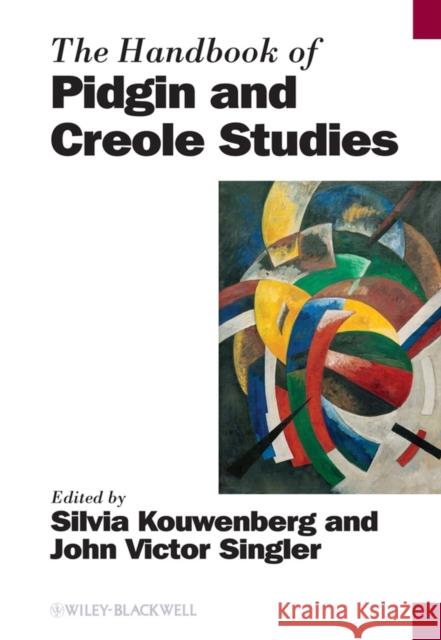The Handbook of Pidgin and Creole Studies » książka
topmenu
The Handbook of Pidgin and Creole Studies
ISBN-13: 9780631229025 / Angielski / Twarda / 2008 / 708 str.
Featuring an international contributor list, this long-awaited and broad-ranging collection examines the key issues, topics and research in pidgin and creole studies.
- A comprehensive reference work exploring the treatment of core aspects of pidgins/creoles, focusing on the questions that animate creole studies
- Brings together newly-commissioned entries by an international contributor team
- Accessibly structured into four sections covering: the character of pidgins and creoles; the relation of pidgins/creoles to other language phenomena and other languages; issues in pidgin/creole genesis; and the role of pidgins/creoles in society
- Provides a valuable resource for students, scholars and researchers working across a number linguistic disciplines, including sociolinguistics, historical linguistics, and the anthropology of language











